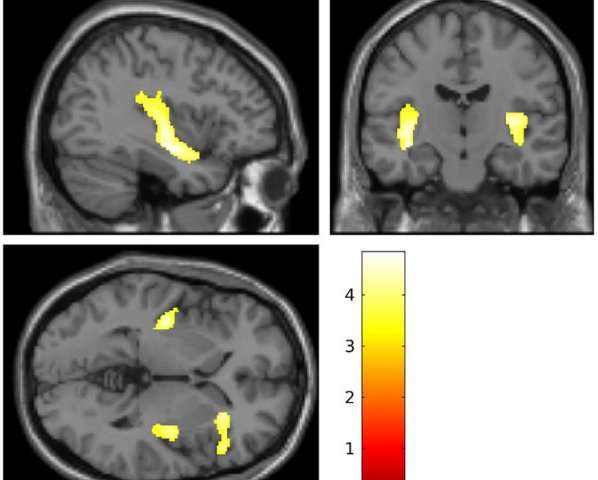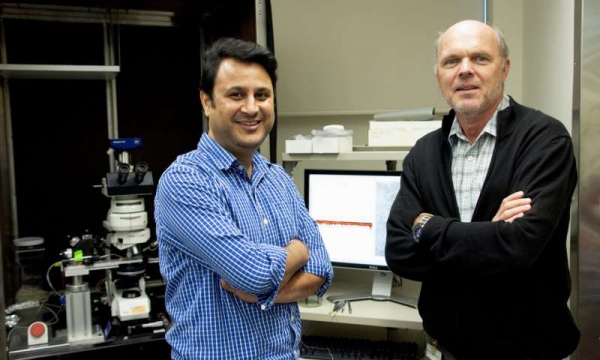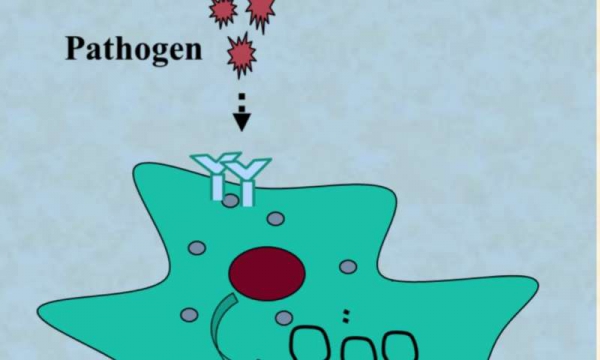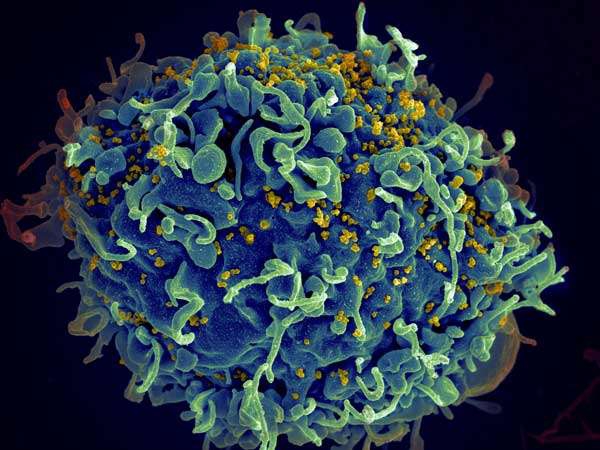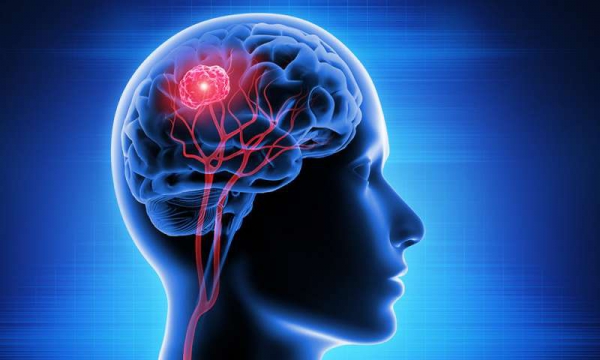(HealthDay)—Heavyset folks who exercise regularly shouldn’t get discouraged if they can’t seem to shed more weight, no matter how hard they try. A new study suggests that their regular workouts are still contributing to better overall heart health, making them “fat but fit” and helping them live longer. People who are obese-but-fit have lower resting ..
Read More…
- /
- admin /
- Weight Loss
Highlighted areas show brain regions where researchers saw reductions in brain volume in girls who self-injure. Credit: The Ohio State University The brains of teenage girls who engage in serious forms of self-harm, including cutting, show features similar to those seen in adults with borderline personality disorder, a severe and hard-to-treat mental illness, a new ..
Read More…
- /
- admin /
- Neurophysiology
(HealthDay)—There’s bad news for heart failure patients with dilated cardiomyopathy who’d like to stop taking their meds. Any progress they’ve seen on medication is likely to fade once they stop taking their heart drugs, new clinical trial results show. About 40 percent of a small group of patients wound up back on their medications after ..
Read More…
- /
- admin /
- Heart Disease
A research team led by Harald Sontheimer (right), a professor at the Virginia Tech Carilion Research Institute, has discovered mysterious brain structures called perineuronal nets help modulate electrical impulse activity in the brain. The team, which include first author and postdoctoral fellow Bhanu Tewari (left), may be able to target the nets to treat some ..
Read More…
- /
- admin /
- Neurophysiology
Non-coding RNA (ncRNA) regulates cytokines expression, immune response, and inflammation. Credit: University of Texas at Arlington Researchers at The University of Texas at Arlington have found a potential new pathway to regulate immune response and potentially control inflammatory diseases of the central nervous system such as meningitis and sepsis. “We need to know what turns ..
Read More…
- /
- admin /
- Immune System
Credit: CC0 Public Domain Genetics may predispose some people to both Alzheimer’s disease and high levels of blood lipids such as cholesterol, a common feature of cardiovascular disease, according to a new study by an international team of researchers led by scientists at UC San Francisco and Washington University School of Medicine in St. Louis. ..
Read More…
- /
- admin /
- Neurophysiology
HIV infecting a human cell. Credit: NIH The management of human immunodeficiency virus 1 (HIV), an autoimmune disorder that cripples the immune system by attacking healthy cells, remains a major global health challenge in developing countries that lack infrastructure and trained medical professionals. Investigators from Brigham and Women’s Hospital have designed a portable and affordable ..
Read More…
- /
- admin /
- HIV & AIDS
Credit: CC0 Public Domain Researchers reporting in Current Biology on November 8 have made the surprising discovery that the number of calories people burn while at rest changes with the time of day. When at rest, people burn 10 percent more calories in the late afternoon and early evening than in the early morning hours. ..
Read More…
Credit: stock.adobe.com When melanoma turns metastatic, it spreads to the brain in more than 40% of patients. A study by Yale Cancer Center researchers published today in the Journal of Clinical Oncology (JCO) shows a checkpoint inhibitor immunotherapy drug has meaningful benefit for these patients. The study is one of the first clinical trials aimed ..
Read More…




